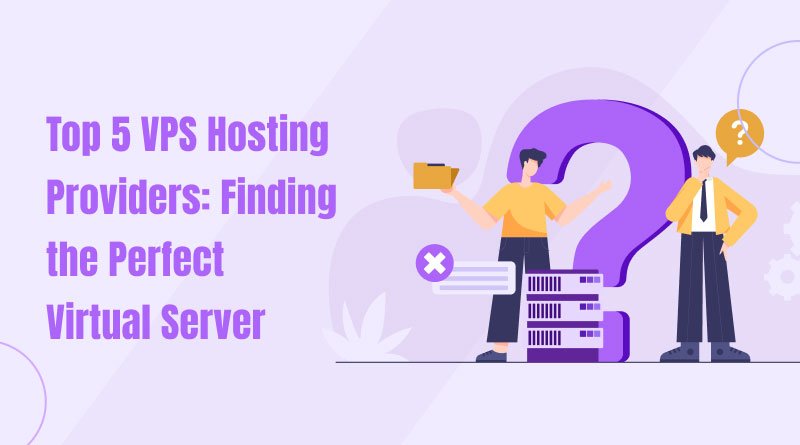An ISP Proxy Server is a type of proxy server that works in conjunction with an Internet Service Provider (ISP) to provide extra security and privacy when connecting to the internet. It acts as an intermediary between your computer and the internet, allowing you to browse the web anonymously and securely.
Using an ISP Proxy Server can be beneficial for both individuals and businesses, as it provides a layer of protection from hackers, malware, phishing attempts, and other online threats. It also allows users to access content that may be blocked or restricted by their ISP. Additionally, it can help bypass geo-restrictions on websites or services, allowing users to access content from any location in the world. Finally, many ISPs offer VPN services which encrypt all data sent over the internet for maximum privacy and security.
What are the Different Types of ISP Proxy Servers?
An Internet Service Provider (ISP) proxy server is a server that acts as an intermediary between a user and the internet. It helps to hide the user’s IP address, allowing them to access websites and services anonymously. ISP proxy servers come in different types, each offering different features and benefits. The most common types of ISP proxy servers are free proxy servers, public proxy servers, private proxy servers, and reverse proxy servers. Free proxy servers are typically used for basic web browsing activities, while public proxies can be used for more advanced activities such as streaming or downloading files. Private proxies offer greater security than free or public proxies, but they may require payment for use. Lastly, reverse proxies are used by businesses to protect their networks from malicious attacks.
How to Set Up Your Own ISP Proxy Server
Setting up your own ISP proxy server can be a great way to ensure that your internet traffic is secure and private. It also helps you bypass geo-restrictions, access blocked websites and content, and improve the performance of your internet connection. This guide will provide you with step-by-step instructions on how to set up an ISP proxy server. You will learn how to configure the server, install the necessary software, and make sure that it is running securely. With this guide, you will be able to get your own ISP proxy setup in no time!
Understanding the Benefits of Using an ISP Proxy Server
ISP (Internet Service Provider) proxy servers provide internet users with a secure connection and privacy protection. By using a proxy server, users are able to hide their identity and location while browsing the web. This helps protect their data from being tracked by third parties or targeted by hackers. Additionally, it helps protect users’ personal information from being sold or shared without their permission. With the use of an ISP proxy server, internet users can enjoy increased security and privacy when accessing websites and services online.
What are the Limitations of Using an ISP Proxy Server?
Using an ISP proxy server can have its limitations, such as slow speeds and limited access to certain websites or services, but not those that proxy-seller owns. When using a VPN service provider, you may experience slower speeds due to the fact that your data is being routed through the ISP’s servers before it reaches its destination. This can also lead to limited access to certain websites or services, depending on the restrictions imposed by the ISP. Additionally, there may be security risks associated with using a proxy server provided by your ISP as it is not always secure and could be vulnerable to data theft or other malicious attacks.






